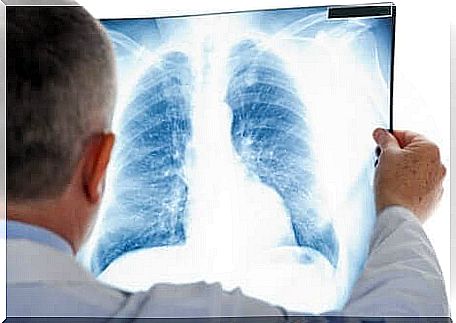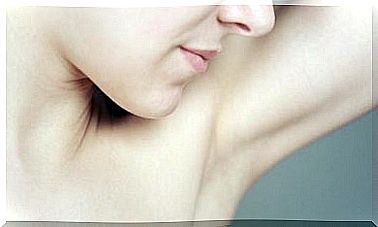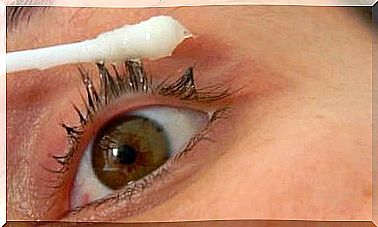Pleurisy: Symptoms, Causes And Treatment
Pleurisy is the inflammation of the pleura or pleura. The pleura is a thin layer of tissue that covers the lungs and the inside of the ribs. If there is inflammation, pain occurs in this area. Learn more about possible causes and treatments today.

As pleurisy refers to an inflammation of the pleura or the pleura. This thin layer of tissue consists of two layers. The inner skin covers the lungs (lung pleura), the outer skin lines the chest (pleura).
Between the layers of the pleura there is a tiny gap, the pleural cavity, which is filled with a serous fluid. A pathological accumulation of fluids in the pleural space is called a pleural effusion. When air collects in the pleural cavity, it is called a pneumothorax.
It is not uncommon for pleurisy to be accompanied by a pleural effusion. When the pleura becomes inflamed, an inflammatory fluid can build up in the pleural cavity. This indicates that different diseases of the pleura can be traced back to the same cause.
Causes of Pleurisy
Inflammation of the pleura can result from various causes. The most common include:
- Autoimmune Diseases: Certain autoimmune diseases can attack the pleura. This is the case, for example, with rheumatoid arthritis, which could trigger pleurisy.
- Lung cancer: cancers of the respiratory system can also affect the pleura. In some cases the pleura becomes inflamed due to proximity to the primary tumor disease. In other cases, it happens because lung cancer metastases spread to the pleura.
- Pneumonia (pneumonia): Pneumonia, bacterial or viral in origin, can also cause the pleura to become inflamed.
- Mycosis: Various fungi can attack internal organs and also attack the pleura. Fungal pleurisy is difficult to treat because antifungal drugs take a long time to work and drugs do not quickly access the pleura, as other organs do.
- Chest trauma : trauma to the chest wall in the chest or rib area can also trigger pleurisy. The inflammation occurs due to the proximity to the affected structures.

Symptoms of pleurisy
A typical sign of pleurisy is chest pain. In general, intense but intermittent pain is manifest and worsened with coughing or deep breathing.
In addition to the pain, there is difficulty breathing when breathing in or out. In addition, overexertion to breathing may exacerbate chest pain. Other symptoms depend on the causes of the inflammation of the pleura:
- Pneumonia causes a fever and cough.
- Lung cancer also leads to weight loss, anemia and changes in skin color.
- In autoimmune diseases, the joints are usually also affected.
If there is also a pleural effusion, additional symptoms are present. The fluid that pours into the pleural space increases the pain in certain body positions. The shortness of breath is more severe as the pleural effusion puts increased pressure on the lungs.

treatment
The treatment of pleurisy depends largely on the causes. It is not an isolated disease, but ailments caused by another pathology.
The doctor treats the pain with anti-inflammatory agents, regardless of the underlying cause of the disease. Ibuprofen is often prescribed for this purpose. In serious cases, morphine and morphine derivatives can also be used.
If there is a cough in addition to the pain, the patient is given cough suppressants. However, these are not always recommended, as coughing is a defense mechanism of the organism that serves to resolve atypical situations.
Infections are treated with antimicrobial drugs that work against the causative pathogens. In the case of pneumonia, a mycotic infection or a flu-like infection, certain protocols are used, which mark the individual steps of treatment.
If there is a pleural effusion, the doctor will evaluate the need for drainage. The fluid that has accumulated in the pleural cavity can be removed using a variety of methods. However, not every pleural effusion requires drainage.
It is definitely important to find out what causes pleurisy. Health professionals use additional methods for an accurate diagnosis. Once the triggers are known, appropriate treatment can cure the affected patient.









